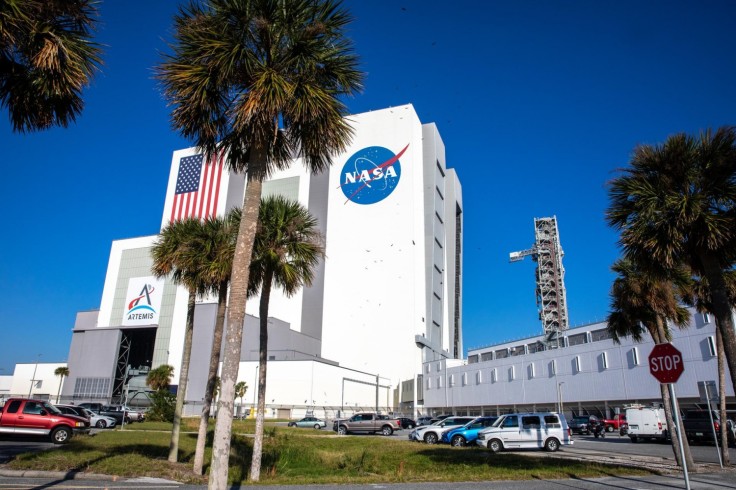"2001: A Space Odyssey" is becoming real, except for the part about the homicidal robot.
NASA is developing a system that comes with a natural-language ChatGPT-like interface to help astronauts perform maneuvers and conduct experiments.
This system will allegedly be present in the space agency's future endeavors, vehicles, and space stations.

NASA Astronaut AI Assistant Details
"2001: A Space Odyssey" and other movies about AI gave the idea that AI isn't to be trusted, especially in the final frontier, since they always go rogue.
However, NASA is going against that idea with the new system it's developing. According to The Guardian, NASA engineers are creating their own ChatGPT-style interface that could allow astronauts to talk to their spacecraft and mission controllers to converse with AI-powered robots exploring distant planets and moons.
The system also has a natural language interface that allows astronauts to perform maneuvers without having them dive into complex manuals and conduct experiments.
Dr. Larissa Suzuki, at an Institute of Electrical and Electronic Engineers meeting on next-gen space communication, said that the idea of the new system is to reach a point where astronauts have conversational interactions with space vehicles, along with talking back to them on alerts, interesting findings they see in the solar system and beyond, per Engadget.
She also mentioned that having such a system would be capable of detecting and possibly fixing glitches ad inefficiencies as they occur, along with alerting mission operators about the likelihood that package transmissions from a space vehicle will be lost or would fail delivery.
"It's really not like science fiction anymore," Dr. Suzuki added. She also envisioned that this new system with a ChatGPT-like interface would allow astronauts to seek advice on space experiments from the AI or how to perform complex maneuvers.
NASA plans to utilize an early incarnation of this new ChatGPT-style interface on its Lunar Gateway, the planned extraterrestrial space station orbiting the moon under the Artmis program, per one of the engineers developing the interface.
Interestingly, NASA wrote on a dedicated page soliciting small business support for Lunar Gateway that it would require AI and machine learning technologies to manage various systems when it's unoccupied. These include autonomous operations of science payloads, data transmission prioritization, autonomous operations, health management of Gateway, and more.
NASA's Artemis Program
NASA's pursuit of utilizing Ai for its Artemis program is a logical step. You may recall that the program will eventually take humanity back to the Moon, Mars, and into deep space eventually to better explore the solar system and learn more about it.
To do so, it would need to construct its Lunar Gateway, which would serve as a temporary base where astronauts can dwell and conduct research for brief periods. To that end, NASA had previously launched its Cislunar Autonomous Positioning System Technology Operations and Navigation Experiment (CAPSTONE) spacecraft to serve as a foundation for commercial support for future lunar operations, such as the construction and launch of the Lunar Gateway.









